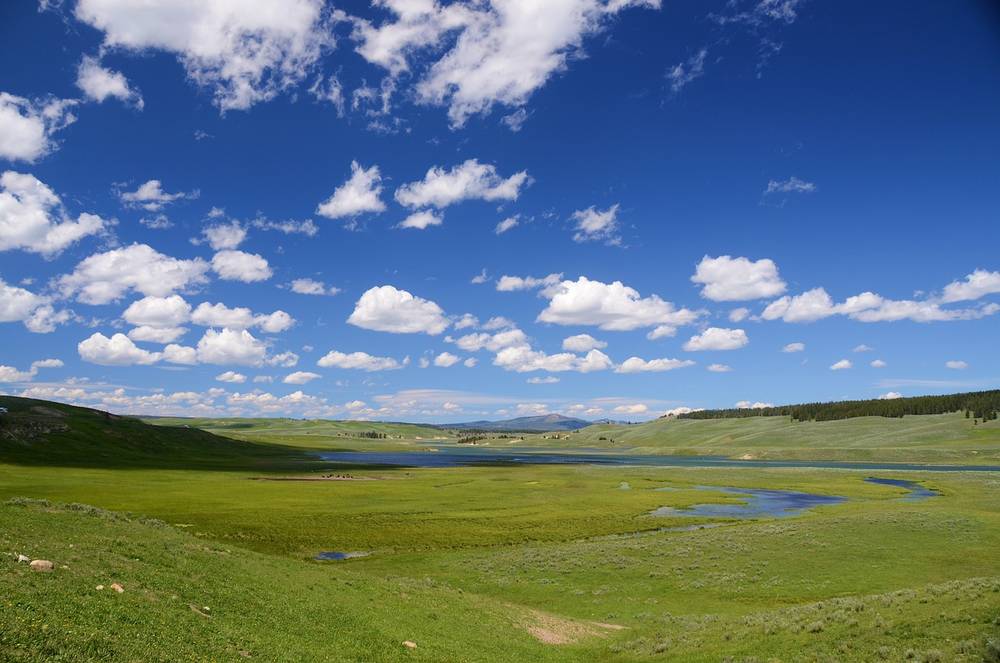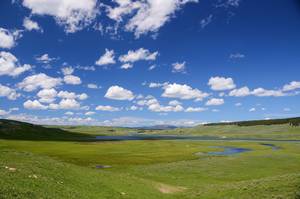The Human Rights Ombudsman of the Republic of Slovenia (Ombudsman) considered several instances of a prevalent complaint against the Slovenian Water Agency (DRSV), stating that it did not adequately inform individuals who wanted to buy land, on its referral and at their own expense, about the existence of possible subsequent risks for the purchase due to the provisions of Article 23 of the Agricultural Land Act (ZKZ). The DRSV undertook to reimburse the costs to individuals who had paid for the subdivision but were unable to purchase the land due to the restriction of legal transfer under the ZKZ. Simultaneously, it now informs customers who submit an application for purchase of the possible existence of a right of pre-emption and, as a result, of the potential impossibility of selling to the investor even before the referral to parcelling. However, since during the discussion the question was also raised about the appropriateness of the regulation of the sale of agricultural land and the competence of the DRSV in the direct sale of agricultural land according to the mandatory provisions of Article 19 of the Water Act (ZV-1) (the questions about which the Ombudsman did not receive a satisfactory reply to), based on Paragraph 2 of Article of the Human Rights Ombudsman Act (ZVarCP) the Ombudsman turned to the competent Ministry of Natural Resources and Spatial Planning (MNVP) and the Ministry of Agriculture, Forestry and Food (MKGP). The Ombudsman believes that these are wider questions significant for the protection of human rights and fundamental freedoms.
* * *
Several complainants contacted the Ombudsman with an allegation of receiving insufficient preliminary explanations from the DRSV, on the basis of which they could not adequately secure their rights or they were supposed to perform certain actions that were to their detriment. After submitting the application for the purchase, according to the instructions of the DRSV, the complainants had to carry out the parcelling at their own expense, while they were only subsequently informed that, based on the fact that it was agricultural land and the procedure had to be conducted according to the provisions of the ZKZ, this might ultimately not be possible due to the better order of the other participants in the process, even though these other participants did not bear the costs with the previous parcelling. While considering the vastness of the documentation and other allegations of the complainants, the Ombudsman turned to the DRSV, MKGP, and the Ljubljana Administrative Unit (UE), which continued to manage the sale of the disputed land after the announcement of the offer.
We informed the MKGP mainly about the complaints about the anomalies[1] that occur during the process of selling agricultural land before the UE, and according to their assessment the reasons should be sought primarily in the regulation that allows such irregularities.[2] The MKGP had previously expressed to the complainants the awareness that the status of a farmer, as regulated by the ZKZ, is not the most appropriate, as this leads to speculation in the purchase of agricultural land. In order to stop this kind of practice, the MKGP had already prepared a proposal to amend the ZKZ in the past, which proposed the abolition of the status of a farmer, and the purchase of agricultural land emphasised locality, although the government at the time did not support the proposed solutions. The MKGP informed the Ombudsman in detail about the changes proposed at the time, but at the same time advised that, due to other priorities, amendments to the ZKZ are not currently planned.
In principle, the Ombudsman appreciated the then abandonment of further activities in connection with the prepared proposal for changes to the ZKZ and that they currently have other priorities. However, given the problem, which has obviously been known about for many years, this cannot be a justifiable reason for postponing the necessary amendment of the regional regulation indefinitely. As a result, the Ombudsman recommended that the MKGP address the issue of implementing the relevant provisions of the ZKZ in a reasonable time in a way that will eliminate the detected anomalies.[3] The MKGP announced that a working group consisting of various stakeholders was appointed in June to address the relevant issues, and will hold its first meeting in September. Based on the starting points that will be given by the working group, the MKGP will then approach the preparation of legal solutions. Thus, the Ombudsman considered his recommendation accepted; simultaneously, given the scale of the problem, he assessed that the issue of handling and managing agricultural land is a broader issue, important for the protection of human rights and fundamental freedoms, especially from the point of view of the legal security of citizens. Consequently, it will continue to closely monitor the actions of the MKGP.
The allegations of the complainants against the DRSV were largely confirmed, and the DRSV responded to them accordingly, following the recommendation of the Ombudsman. As already mentioned, the DRSV has undertaken to reimburse the costs of parcelling to investors who are not successful in the purchase, and at the same time now also informs them in a timely manner about potential future risks. Unfortunately, the answer to the question of whether the DRSV is even allowed to continue the sales process of such agricultural land after the subdivision has been completed and after the status of natural water public good has been revoked (namely, it was such land), in accordance with the provisions of Article 19 of the ZV-1, remained absent.[4] Namely, the aforementioned provision prescribes the duty of the operator in relation to land whose status as a natural water public good has ceased. Thus, the provisions from Paragraphs 4 to 6 of the aforementioned article limit the possibilities of the operator in terms of what it can do with land whose status as a natural water public good has ceased. Among the aforementioned provisions, the provision of the first indent of Paragraph 6 of Article 19 of the ZV-1 appears to be the only relevant one, which stipulates that agricultural land must be transferred to the management of a state-owned agricultural land manager, if, the disposal of water lands after the termination of the status of natural water public goods cannot be handled in accordance with Paragraphs 4 and 5 of this article. Given that, according to the DRSV's own statements, after the subdivision of the land in question in the administrative procedure, it was established by a decision that the land meets all the conditions for the withdrawal of the status of natural water public good and that it is agricultural land, it would be expected to act in accordance with the above-described provisions of the ZV-1, i.e. to transfer the agricultural land to the Farmland and Forest Fund of the Republic of Slovenia. The DRSV did not answer the question of why it did not take into account the mandatory provisions of the ZV-1 in the given case (and possibly others). Taking into account all of the above and the findings from the relevant decisions of the UE,[5] with which the Ombudsman became familiar and according to which in specific cases it is not at all agricultural land in the sense of the provisions of the ZKZ, the Ombudsman also assessed in relation to this question that this issue is a broader issue, important for the protection of human rights and fundamental freedoms and for the legal security of citizens in the Republic of Slovenia, hence he had already turned to the competent ministries of the MNVP and MKGP. After receiving and examining the answer, the Ombudsman will then decide on any further necessary steps.
[1] The accusations were aimed primarily at allegedly questionable actions of certain participants in the sales process, especially in the sense of hints at bribery, so that in exchange for money, they resign as clients with a better legal starting point.
[2] The mainly controversial for them is Article 23 of the ZKZ.
[3] So that, at its own discretion, it either revises the previous proposal for an amendment to the ZKZ or prepares a new proposal and submits it to the Government of the Republic of Slovenia for acceptance within a reasonable time, in accordance with the provisions of the Rules of Procedure of the Government of the Republic of Slovenia.
[4] After the completion of the subdivision, it was determined by administrative procedure and decision that the land meets all the conditions for the removal of the status of natural water public good, since water is not even occasionally present there. DRSV then obtained a certificate of intended use, from which it emerged that it was agricultural land. As a result, in accordance with the provisions of the ZKZ, the DRSV published an offer for the sale of the land at the competent administrative unit.
[5] The Ombudsman did not find significant irregularities in the actions of the UE.

